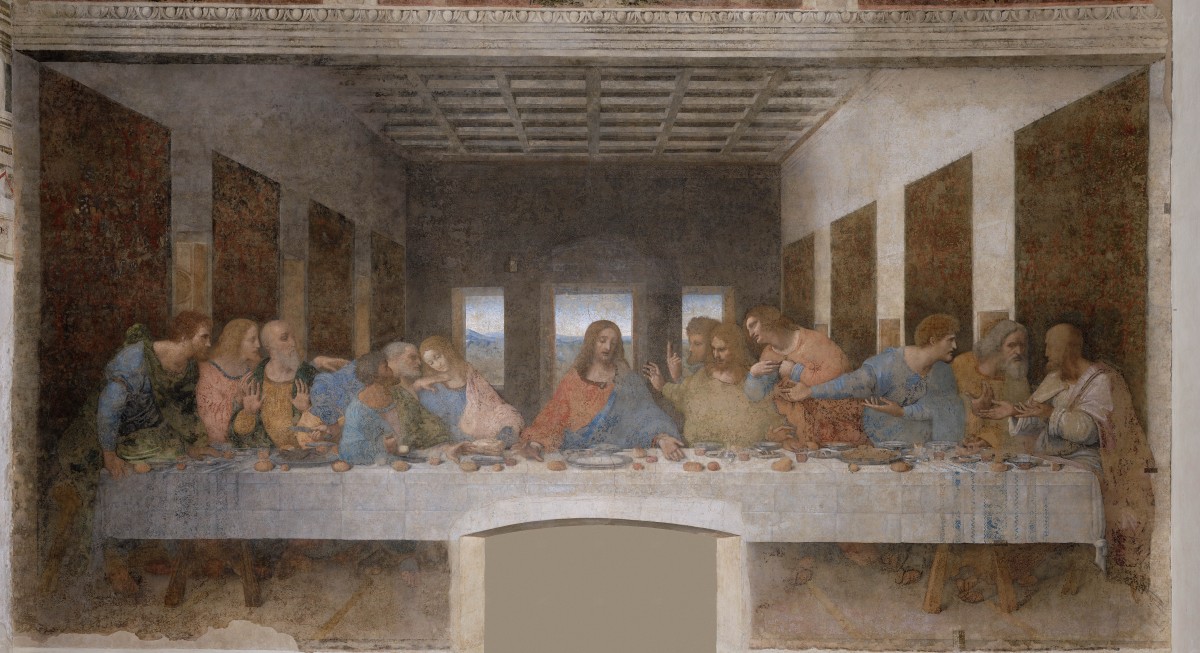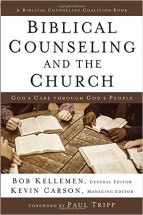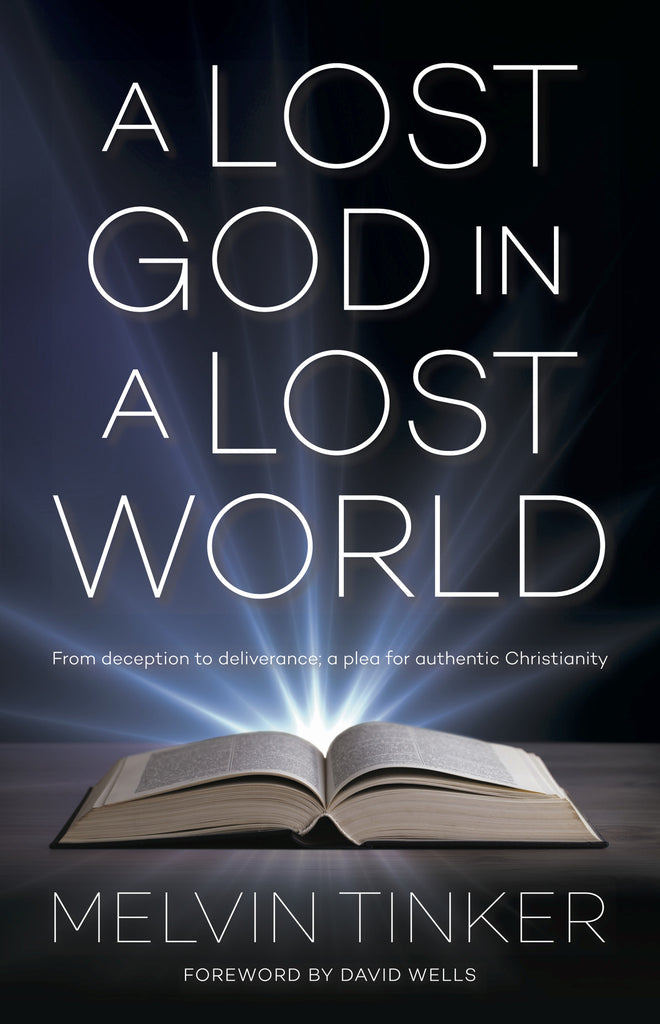

Two recent events have made me think a bit about how we represent our ideals or our beliefs or ultimately our God in the world around us.
Ryan Lochte’s recent fabrication of a robbery while in Rio for the Olympics put a black mark not only on his corporate sponsors (many of which have dropped supporting him) but on the nation he represents; the United States of America. A certain decorum and behavior is expected of America’s athletes. So, when a late night party with great consumption of alcohol leads you to accuse your host nation of robbery, you don’t just make yourself look bad, you make your home nation of America look bad.
Closer to home for us Christians, Tony Perkins, director of the Family Research Council, presumed to speak for God in the past that natural disaster in the US was judgment of God for our acceptance of the LGBTQ agenda. Unfortunately, he recently found his home flooded in Louisiana and had to escape by boat. Now, I know God can judge using natural disaster, but unless God tells me He’s doing it, I have no idea. Tony Perkins doesn’t just make himself look dumb for assuming He knows the mind of God, but he makes us Christians look pretty stupid too.
We all at times make ourselves look stupid. If you don’t think you do, then your denial makes you look pretty dumb. Sometimes though our behavior and actions go beyond making us look stupid and it hurts the One we represent. Christians are not immune to say and do damaging things both to their own testimony and to God, whom they represent. While some people do terrible things like ministry leaders getting caught in gross sin, all of us defame our God by the things we say or do.
- Pretending like we’re perfect and not needing of receiving and giving of grace
- Saying words that tear down instead of build up
- Not being supportive through resources to the work of the Gospel
- Loving worldly things more than spiritual things
- Harboring bitterness and unforgiveness
This is just a small list of things we say and do that malign our God. God has called us to repent of our sin, love our neighbor, and be holy. While we might not lie about a robbery or have our house flood and have our prognostications called into question, every day we are waking up and finding ourselves in a battle against the flesh for the sake of Christ and the Gospel. And while we can look down upon these big things, our little areas of poor representation of our Savior are just as damaging.
And let’s not pretend we’re not guilty of these things. All of us are guilty because all of us are sinners. So, tomorrow morning, when you wake up, remind yourself about the fight of the flesh, pray for strength for the battle of the day, trust in the saving work of Christ that covers over your sins, and represent your God. It won’t be perfect. It won’t be pretty. But, when others see how every time you fail and fall that you get back up and keep at it for the sake of the Gospel, you’ll be representing our great gracious and forgiving God in a pleasing way!



 Posted by allenmickle
Posted by allenmickle 

 Van Gogh, a troubled artist himself, captures perfectly the anguish and sorrow that people feel as they age and are closer to death. Even Christians can struggle with the knowledge of our impending end on this mortal coil. Yet, most of us struggle with an inability to communicate the deepest fears and longings in our hearts with mere words.
Van Gogh, a troubled artist himself, captures perfectly the anguish and sorrow that people feel as they age and are closer to death. Even Christians can struggle with the knowledge of our impending end on this mortal coil. Yet, most of us struggle with an inability to communicate the deepest fears and longings in our hearts with mere words. 


 If there is one area that I wish I had stronger training in, it would be in counseling. No one tells you in seminary that you’d do so much counseling on the local church level. Perhaps part of the problem of pastors seeing so many counselees is that the church has lost it’s obligation and privilege to counsel one another? Bob Kellemen and Kevin Carson and others helpfully renew the church’s responsibility to do just that.
If there is one area that I wish I had stronger training in, it would be in counseling. No one tells you in seminary that you’d do so much counseling on the local church level. Perhaps part of the problem of pastors seeing so many counselees is that the church has lost it’s obligation and privilege to counsel one another? Bob Kellemen and Kevin Carson and others helpfully renew the church’s responsibility to do just that. We truly live in a lost world. We live in a world that has rejected God. The problem is that worldliness has infected the church. Our churches tend toward looking like the world, rather than the authentic Christianity of the New Testament. Melvin Tinker in his new book, A Lost God in a Lost World, tackles these issues in a clear and effective way.
We truly live in a lost world. We live in a world that has rejected God. The problem is that worldliness has infected the church. Our churches tend toward looking like the world, rather than the authentic Christianity of the New Testament. Melvin Tinker in his new book, A Lost God in a Lost World, tackles these issues in a clear and effective way.
 One of the areas in which most of us are poorly trained by the seminaries is counseling. We spend much time studying good and important things, but considering the inordinate amount of time that most pastors spend on speaking Gospel truth into people’s lives, you’d think we would do a better job of preparing people to do just that. I’m finding in 15 years of ministry, that I’m woefully under prepared for the counseling that I do, and that I am looking for further training. What is wonderful though, is that there is a great abundance of resources being published to help address these most pressing needs. Robert Kelleman, in his new series, Equipping Biblical Counselors from Zondervan is filling a large gap in those resources. His newest,
One of the areas in which most of us are poorly trained by the seminaries is counseling. We spend much time studying good and important things, but considering the inordinate amount of time that most pastors spend on speaking Gospel truth into people’s lives, you’d think we would do a better job of preparing people to do just that. I’m finding in 15 years of ministry, that I’m woefully under prepared for the counseling that I do, and that I am looking for further training. What is wonderful though, is that there is a great abundance of resources being published to help address these most pressing needs. Robert Kelleman, in his new series, Equipping Biblical Counselors from Zondervan is filling a large gap in those resources. His newest, 


